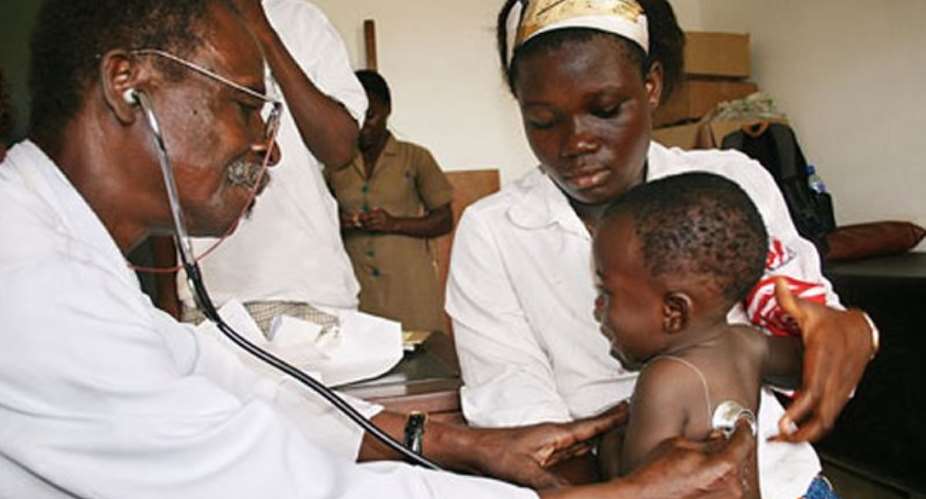Duty bearers in the health and education sectors in Ghana have been tasked to lead the implementation and realization of set targets for a new global strategy for human resource for health.
To this end, Ghana’s presidency and cabinet is being tasked to ensure accountability in implementation and that annual performance targets in the ministries of health, education as well as Ghana health services are tailored to meet the implementation of the global strategy which seeks to achieve universal health coverage by 2030.
These were among recommendations at the end of a day’s meeting dubbed “Workforce 2030” to share and discuss the new strategy document meant to enrich its content, broaden its ownership and ensure that it covers all pertinent health workforce issues including maternal and child care.
The meeting organized by Jhpiego in collaboration with the WHO and Global Health Workforce Alliance was attended by a wide range of stakeholders including, academic institutions, health care professional associations, civil society representatives, multilateral and bilateral agencies, among others
The human resources for health strategy was first developed by the WHO Regional Committee for Africa in 1998 with an accelerated document adopted in 2002.
Interactions with member countries implementing the strategy has shown different strategies, policies and plans even within overall context of national health policies.
The new strategy is therefore being designed to support the WHO, member countries and implementing partners at the global and country level to address health workforce challenges to progress towards the attainment of UHC.
It brings together state of the art knowledge and evidence while building on a decade of experiences and lessons learned in implementing health workforce policies at country level.
Other recommendations include the conduction of a comprehensive and intra-sectoral human resource for health (HRH) assessment of data on existing workforce in the health sector, expenditure and policies focusing on production, deployment and retention to identify priorities, needs and opportunities.
This would pave the way for the identification of skills mix, staffing patterns and norms, skills needed at work levels so as to come up with new initiatives that closes the gap between urban and rural in terms of retention of staff and preservice education.
Member countries also recommended the implementation and maintenance of an electronic HRH data recording, reporting and storage system at the national, regional and district level of member countries to help capture quality data on production, deployment, professional development and retention of health workforce.
The meeting called for stronger advocacy role of the civil society in supporting the human resource for health strategy to ensure that resources within the health sector are equitably distributed and optimally utilized.





 We’ll no longer tolerate your empty, unwarranted attacks – TUC blasts Prof Adei
We’ll no longer tolerate your empty, unwarranted attacks – TUC blasts Prof Adei
 Bawumia donates GHc200,000 to support Madina fire victims
Bawumia donates GHc200,000 to support Madina fire victims
 IMF to disburse US$360million third tranche to Ghana without creditors MoU
IMF to disburse US$360million third tranche to Ghana without creditors MoU
 Truck owner share insights into train collision incident
Truck owner share insights into train collision incident
 Paramount chief of Bassare Traditional Area passes on
Paramount chief of Bassare Traditional Area passes on
 Two teachers in court over alleged illegal possession of BECE papers
Two teachers in court over alleged illegal possession of BECE papers
 Sunyani: Victim allegedly shot by traditional warriors appeals for justice
Sunyani: Victim allegedly shot by traditional warriors appeals for justice
 Mahama vows to scrap teacher licensure exams, review Free SHS policy
Mahama vows to scrap teacher licensure exams, review Free SHS policy
 Government will replace burnt Madina shops with a new three-story, 120-store fac...
Government will replace burnt Madina shops with a new three-story, 120-store fac...
